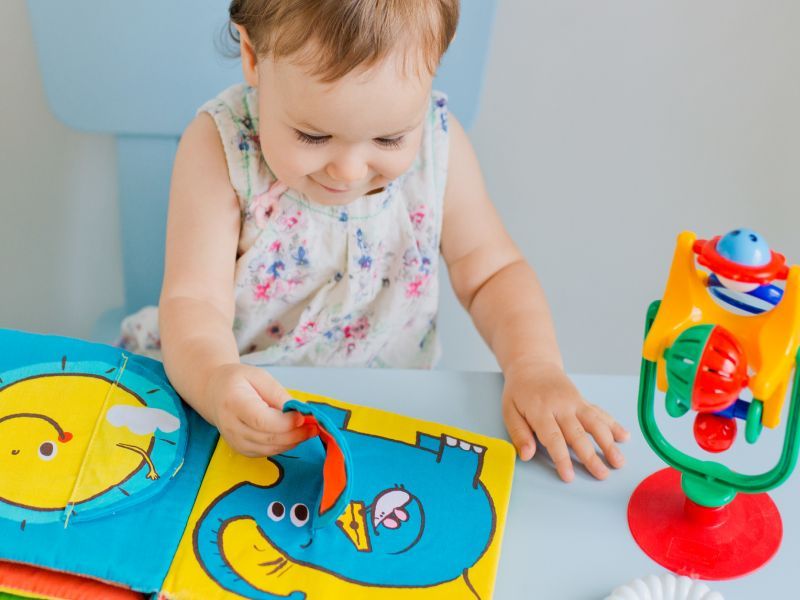TUESDAY, Feb. 9, 2021 (HealthDay News) — Children in day care centers had low coronavirus infection rates early in the pandemic, and are unlikely sources of COVID-19 transmission, a new study from France finds.
COVID-19 can infect people of all ages, but children tend to develop mild, if any, symptoms, and very rarely need to be hospitalized. Very young children’s role as asymptomatic coronavirus spreaders remains unknown and the risk to the community of having day care centers open has been unclear.
“Young children are not spreading the virus widely in these environments,” said study co-author Dr. Camille Aupiais, of Hôpital Jean-Verdier in Paris.
“These findings should be reassuring for parents and staff at day care centers, especially given that the children included in the study have parents who are keyworkers and are thought to be at higher risk during the first wave of the epidemic,” said Aupiais.
However, the study was completed before the emergence of new, more infectious variants of the virus.
The study included 327 children between ages 5 months and 4 years who attended day care centers in France that remained open during the country’s first national lockdown from March to May 2020.
The researchers assessed the children’s blood levels of antibodies to the virus (seroprevalence), and found that fewer than 4% had such antibodies.
Children with coronavirus antibodies were likely infected by an adult in their home, rather than by someone at day care, according to the study. The results were published Feb. 8 in The Lancet Child & Adolescent Health journal.
The seroprevalence rate among day care staff was similar to that of a control group of adults who weren’t exposed to children or people with COVID-19 at work, the researchers found.
Seroprevalence data is believed to reveal the actual rate of infection because it shows levels of antibodies in the blood, whether or not a person has had COVID-19 symptoms.
“We suggest that clinical signs of COVID-19 are not the best indicators of infection or for testing very young children and that the main criterion should be a suspected or confirmed case in an adult household member,” Aupiais said in a journal news release. Further research is needed to fully understand the role of young children in community transmission, she added.
New variants of the coronavirus have appeared since the study data was collected, and it’s not known whether young children are more or less susceptible to these newer strains, the researchers noted.
They also said the day care centers in the study weren’t operating at full capacity during the study period, so the findings may not apply to centers that were operating normally.
More information
The American Academy of Pediatrics has more on day care and COVID-19.
SOURCE: The Lancet Child & Adolescent Health, news release, Feb. 8, 2021
Copyright © 2026 HealthDay. All rights reserved.

